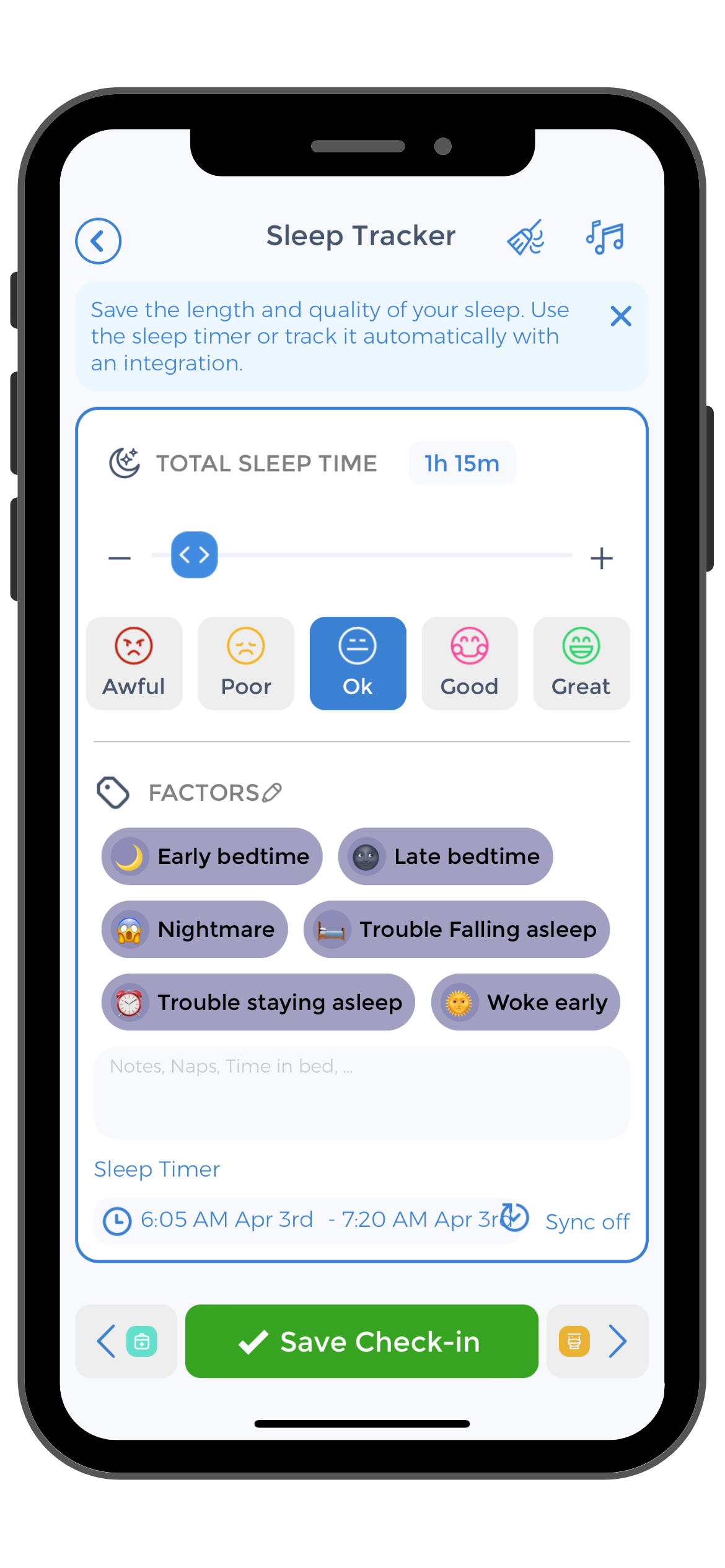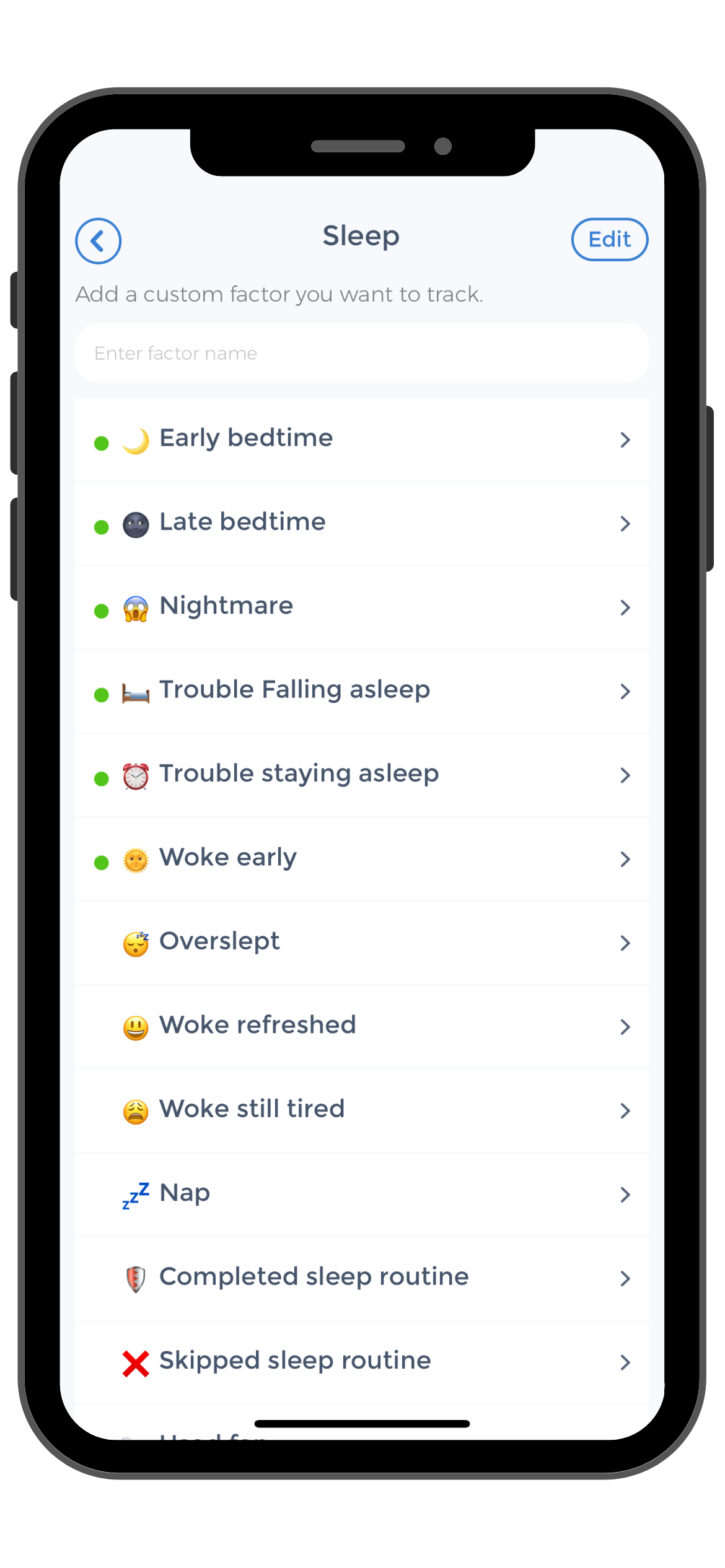
Living with an ostomy can come with its challenges, and managing ostomy gas is one of them. The gurgling sounds and the unpleasant odor can disrupt your sleep and affect your quality of life. In this article, we will explore various tips and strategies to help you manage ostomy gas, specifically at night. By implementing these recommendations, you can experience better sleep and improved well-being.[1][2][3][4][5]
Understanding Ostomy Gas
Ostomy gas is a common occurrence for individuals who have undergone ostomy surgery. It refers to the release of air or gas from the stoma, which is the artificial opening created during the surgery. This gas can be caused by a variety of factors, ranging from the foods you eat to the type of ostomy you have.
What is Ostomy Gas?
Ostomy gas is the natural byproduct of the digestive process. When you eat or drink, your body breaks down the food into nutrients and releases gas as part of the process. This gas can be expelled through the stoma, leading to the familiar gurgling sounds and odor.
It’s important to note that while ostomy gas can be a normal part of the digestive process, excessive gas production or changes in the odor or frequency of more air gas could indicate an issue that needs to be addressed by a healthcare professional.
Causes of Ostomy Gas
Several factors can contribute to the production of ostomy gas. The primary cause is the food you consume. Certain foods have a higher gas-producing potential, such as beans, cabbage, onions, and carbonated drinks. Additionally, certain lifestyle habits, such as smoking or swallowing air while eating, can also increase ostomy gas.
Moreover, the type of ostomy surgery you have undergone can also play a role in the amount of gas produced. For example, individuals with a colostomy may experience less gas compared to those with an ileostomy, as the colon and stomach plays a role in gas absorption.[6][7]
The Impact of Ostomy Gas on Sleep
Ostomy gas can significantly impact your sleep, leading to sleep disturbances and potentially affecting your overall health and well-being.
Understanding the factors that contribute to ostomy gas production can help in managing its impact on your sleep. Certain foods, such as beans, broccoli, and carbonated drinks, can increase gas production in the digestive system, leading to more ostomy gas. By monitoring your diet and identifying trigger foods, you may be able to reduce the amount of gas produced and improve your sleep quality.
Sleep Disturbances Due to Ostomy Gas
 Excessive ostomy gas can lead to discomfort and restless nights. The constant release of gas and the associated noises can make it difficult to fall asleep and stay asleep. This can result in interrupted sleep patterns and leave you feeling fatigued and irritable during the day.
Excessive ostomy gas can lead to discomfort and restless nights. The constant release of gas and the associated noises can make it difficult to fall asleep and stay asleep. This can result in interrupted sleep patterns and leave you feeling fatigued and irritable during the day.
In addition to the physical discomfort caused by ostomy gas, the psychological impact of sleep disturbances should not be overlooked. Poor sleep quality can contribute to feelings of anxiety and stress, further exacerbating the challenges of managing ostomy gas.
Finding the best position to sleep can make a real difference when you’re dealing with gas issues at night. Small changes to how you position yourself might help you feel more comfortable and sleep better. Your body position affects how gas moves through your system.
Implementing relaxation techniques before bedtime, such as deep breathing exercises or meditation, may help in promoting better sleep despite the presence of ostomy gas.
Health Implications of Poor Sleep
Consistently poor sleep can have detrimental effects on your health. It can weaken your immune system, impair your cognitive function, and increase the risk of chronic conditions such as obesity, diabetes, and heart disease. Therefore, finding ways to manage ostomy gas at night is crucial for your overall well-being.
Seeking support from healthcare professionals, such as ostomy nurses or dietitians, can provide valuable insights and strategies for addressing ostomy gas issues that impact your sleep. By addressing both the physical and emotional aspects of managing ostomy gas, you can work towards improving your sleep quality and overall health.[8]
Consistently poor sleep can have detrimental effects on your health. It can weaken your immune system, impair your cognitive function, and increase the risk of chronic conditions such as obesity, diabetes, and heart disease. Therefore, finding ways to manage ostomy gas at night is crucial for your overall well-being.
Seeking support from healthcare professionals, such as ostomy nurses or dietitians, can provide valuable insights and strategies for addressing ostomy gas issues that impact your sleep. By addressing both the physical and emotional aspects of managing ostomy gas, you can work towards improving your sleep quality and overall health.
Dietary Considerations for Ostomy Gas Management
One of the key ways to manage ostomy gas is through dietary modifications. Making informed choices about the foods you consume can make a significant difference in gas production and its subsequent impact on your sleep.
Living with an ostomy can present unique challenges, and managing gas is often a top concern for individuals. While it’s essential to work with healthcare professionals to find the right solution for your specific needs, understanding the role of diet in gas management can be a great starting point.
Foods to Avoid
While every individual may have different trigger foods, there are some common culprits known to increase ostomy gas. These include legumes, chewing gum, cruciferous vegetables like broccoli and cauliflower, onions, carbonated drinks, and high-fiber foods. These may create more gas buildup and tiny leaks.
It may be helpful to keep a food journal to identify specific foods that tend to worsen your symptoms and then avoid them as much as possible.
In addition to the foods mentioned, some individuals find that certain dairy products, fried foods, and artificial sweeteners can also contribute to increased gas production. Understanding your body’s reactions to different foods can empower you to make choices that support your overall well-being.
Beneficial Foods for Ostomy Patients
On the flip side, there are also foods that can help alleviate ostomy gas. These include foods low in fiber, such as white rice, bananas, and well-cooked vegetables. Additionally, consuming smaller, more frequent meals instead of large portions can also reduce the gas produced during digestion.
It’s important to remember that dietary adjustments may take time to show significant effects, so patience and consistency are key. Experimenting with different lighter meal combinations and observing how your body responds can provide valuable insights into managing ostomy gas effectively.
Lifestyle Changes to Manage Ostomy Gas Formed
In addition to dietary modifications, certain lifestyle changes can contribute to better ostomy gas management, leading to improved sleep quality at night.
Living with an ostomy can present unique challenges, but with the right strategies, you can effectively manage ostomy gas and improve your quality of life. By incorporating specific lifestyle changes into your daily routine, you can minimize discomfort and feel more confident in social settings.
Importance of Regular Exercise
Regular exercise not only promotes overall health but can also aid in reducing ostomy gas. Physical activity helps to stimulate digestion and promote regular bowel movements, which can help release built-up gas. Simple activities such as walking, swimming, or yoga can be beneficial. Consider incorporating a variety of exercises into your routine to find what works best for you.
Exercise not only benefits your physical health but also plays a crucial role in mental well-being. Engaging in regular physical activity can help reduce stress levels, improve mood, and boost self-esteem. By making exercise a priority, you can experience a holistic improvement in your overall health and well-being.
Stress Management and Ostomy Gas
Stress can exacerbate ostomy gas symptoms, making them more challenging to manage. Finding effective ways to manage stress, such as practicing relaxation techniques like deep breathing or engaging in activities you enjoy, can help reduce gas production. Additionally, consider seeking support from a mental health professional or joining support groups where you can connect with others facing similar challenges.
Managing stress is essential for individuals with an ostomy, as it can impact both physical and emotional health. By incorporating stress-reducing activities into your daily routine, such as mindfulness meditation or journaling, you can better cope with the challenges of living with an ostomy. Remember, taking care of your mental health is just as important as managing your physical health.
Medical Interventions for Ostomy Gas Control
If lifestyle modifications alone are not sufficient, there are medical interventions available to help manage ostomy gas and improve your sleep quality.
Living with an ostomy can present unique challenges, and one of them is managing the gas that can accumulate in the stoma. While lifestyle modifications, such as avoiding certain foods that can cause gas, can be effective for some individuals, others may require additional support to find relief. This is where medical interventions come into play.
Over-the-Counter Solutions
Over-the-counter products, such as gas relief tablets or charcoal filters, can help absorb and neutralize ostomy gas. These options provide a convenient and easy way to alleviate gas symptoms. Gas relief tablets work by breaking down gas entering bubbles in the digestive tract, while charcoal filters attach to the outside of the ostomy pouch to filter out odors. However, it is important to consult with your healthcare provider before using any new products to ensure they are safe and appropriate for your specific situation.
Moreover, it’s worth noting that while over-the-counter solutions can provide temporary relief, they may not address the underlying cause of excessive gas production. Therefore, it’s crucial to work closely with your healthcare provider to determine the most effective long-term management plan.
Prescription Medications for Ostomy Gas
 In some cases, your healthcare provider may prescribe medications to help manage ostomy gas. These medications work by reducing the production of gas or alleviating the symptoms associated with gas. For example, antispasmodic medications can help relax the muscles in the digestive tract, reducing the frequency and intensity of gas episodes. Always follow your healthcare provider’s instructions and communicate any changes or concerns you may have.
In some cases, your healthcare provider may prescribe medications to help manage ostomy gas. These medications work by reducing the production of gas or alleviating the symptoms associated with gas. For example, antispasmodic medications can help relax the muscles in the digestive tract, reducing the frequency and intensity of gas episodes. Always follow your healthcare provider’s instructions and communicate any changes or concerns you may have.
It’s important to remember that medication should not be seen as a standalone solution, but rather as part of a comprehensive approach to managing ostomy gas. Your healthcare provider will take into account your individual needs and medical history to determine the most appropriate course of action.
Managing ostomy gas at night is crucial for improving sleep quality and overall well-being. By implementing dietary modifications, making lifestyle changes, and exploring medical interventions when necessary, you can better manage ostomy gas and enjoy a good night’s sleep. Remember to consult with your healthcare provider for personalized advice and to discuss any concerns or questions you may have. With the right strategies and self-care practices, you can regain control of your sleep and live a fulfilling life with an ostomy.
Use the CareClinic App to Manage Stoma Bags
Take control of your ostomy gas management with the CareClinic App, a comprehensive tool designed to help you track and understand your symptoms. By logging your dietary intake, exercise routines, and stress levels, you can identify patterns and triggers associated with ostomy pouches.
The app’s intuitive interface allows you to easily monitor the effectiveness of different meal and lifestyle changes, and its reminders ensure you stay consistent with your management plan.
Download the CareClinic App Today
With the CareClinic App, you can also track the use of any medications or over-the-counter products that aid in controlling ostomy gas, helping you and your healthcare provider make informed decisions about your treatment. By leveraging the app’s features, you can work towards achieving better sleep quality and overall well-being. Don’t let ostomy excess gas disrupt your life; install the CareClinic App today and start your journey to improved health outcomes.
References
- “5 Ways To Avoid & Eliminate Ostomy Bag Odor – Express Medical Supply, Inc.”. https://www.exmed.net/5-ways-to-avoid-ostomy-odor
- “Getting a good night’s sleep – Colostomy UK”. https://www.colostomyuk.org/information/sleep/
- “Ostomy Issues – Gas & Odor – Liberator Medical”. https://www.liberatormedical.com/ostomy/gas-and-odor
- “6 Hacks To Better Sleep With An Ostomy Bag | Vera SA”. https://www.verasa.store/6-hacks-to-better-sleep-with-an-ostomy-bag/
- “”. https://www.konwedamedical.com/blogs/ostomy-bag/preventing-gas-buildup-in-ostomy-bags-prioritizing-health-and-comfort
- “Colostomy Care | American Cancer Society”. https://amp.cancer.org/cancer/managing-cancer/treatment-types/surgery/ostomies/colostomy/management.html
- “Dealing with Gas and Constipation After Colostomy Surgery | Hollister US”. https://www.hollister.com/en/ostomycare/ostomylearningcenter/understandinganostomy/dealingwithgasandconstipationaftercolostomysurgery
- “20 Foods to Avoid with an Ostomy – Ostomy Canada Society”. https://www.ostomycanada.ca/blog/2024/20-foods-to-avoid-with-an-ostomy/
- “Ostomy Diet: Care Instructions | Kaiser Permanente”. https://healthy.kaiserpermanente.org/health-wellness/health-encyclopedia/he.Ostomy-Diet-Care-Instructions.uh4522
- “Ostomy Diet After Surgery | Mayo Clinic Connect”. https://connect.mayoclinic.org/blog/ostomy/newsfeed-post/ostomy-diet-after-surgery/


